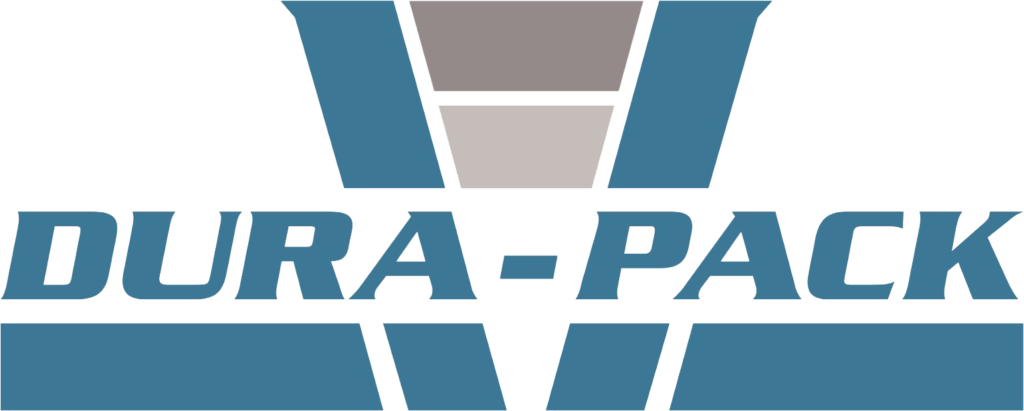While the future of sustainable packaging is promising and exciting, it does not come without challenges. Given the state of our world’s oceans and the pollution and trash that washes up on our beaches, and that shows up on our favorite hiking trials, humanity must consider the benefits of transitioning to sustainable packaging. If developed countries were able to make the commitment to, and ultimately invest in the transition to sustainable packaging, we could actually see not only a reduction of our carbon footprint, we could minimally impact the environment, and create a better future for our children.
As mentioned above, making the transition to sustainable packaging does not come without challenges. Obviously, the first challenge will come from organizations that produce plastics, who will see a reduction in revenue. As it currently stands, much of the world is dependent on cheap non-biodegradable plastics, and it also yields lucrative profits for companies who engage in the production of them. The amount of plastics produced by these companies is infinite, and therefore the perpetual reliance on plastics for packaging by companies is damaging our earth. And still, we fail as a nation, in making this point clear to the.American people-and the developed nation as a whole-so that they can come to see the potential that sustainable packaging possesses.
As it stands right now, for the first time in a decade, global economic growth and success are on the rise. With this prosperity, there comes a correlative spike in waste. According to the World Bank, in 2016 cities across the world generated over 2 billion tons of was and the number is expected to be greater than 3.5 billion by 2050. Plastic packaging loudly makes up close to half of all plastic waste generated globally, and staggeringly, only one-fifth of it is recycled. Politicians beholden to the plastic industry will not risk their careers pursuing a form of packaging that could potentially put their benefactors out of business, even though some companies such as Dura-Pack have begun investing in sustainable packaging. Perhaps such investments should signal to the rest of the world that this plastic industry knows that the transitions are inevitable, but is just not ready to stop profiting off the prices of cheaply produced plastic.
Nevertheless, what I find exciting is that when governments liberate themselves from the plastic industry, and when we are focusing on sustainable packaging, more money can go into cleaning up our oceans, recycling, and helping slow down global warming. We can make the world a more sustainable planet and lessen out the carbon footprint by lowering our consumption of plastics. And what is befuddling about our decision not to make this changeover now is that we already have the technology. According to a blog published by Hughes Enterprises, “Dissolvable material such as corn-based plastics are making a huge impact on just how much trash is now floating around our world.” Let’s put that into perspective: by transitioning to dissolvable materials we would reducing the 8 million metric tons of plastics that enter our oceans, piling on the already 150 million metric tons already swirling in oceans around the world, roughly the equivalent of dumping a garbage truck full of plastic in the ocean every minute for the next year. And yet, despite these staggering numbers, sustainable and dissolvable packaging only account for a small percent of our current packaging.
Finally, if citizens of all nations could become more conscious and consider the social, ecological, and environmental impact of products, especially the negative effects of plastics and the positive effects of sustainable packaging we could create a better future for our children. And as more money is placed into cleaning up our oceans, recycling, and slowing down global warming we can focus on become aware of the larger systematic issues facing humanity, more people would probably become more democratic and concerned with the world around them. Too much of modern society relies on the short-term profits generated from the sale of plastics. The hope and promise of a better world, and a freer and more democratic one is why I am excited about sustainable packaging.
Essay by: Steven Clark
John Jay University

